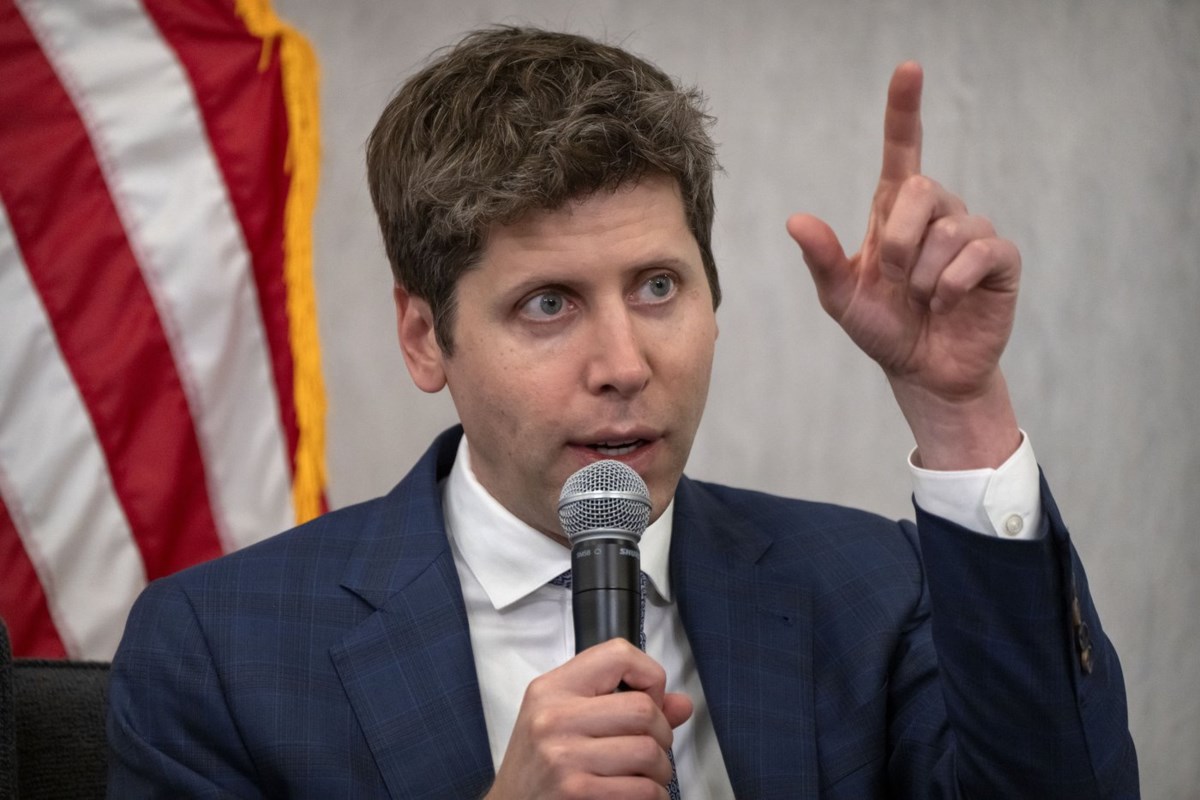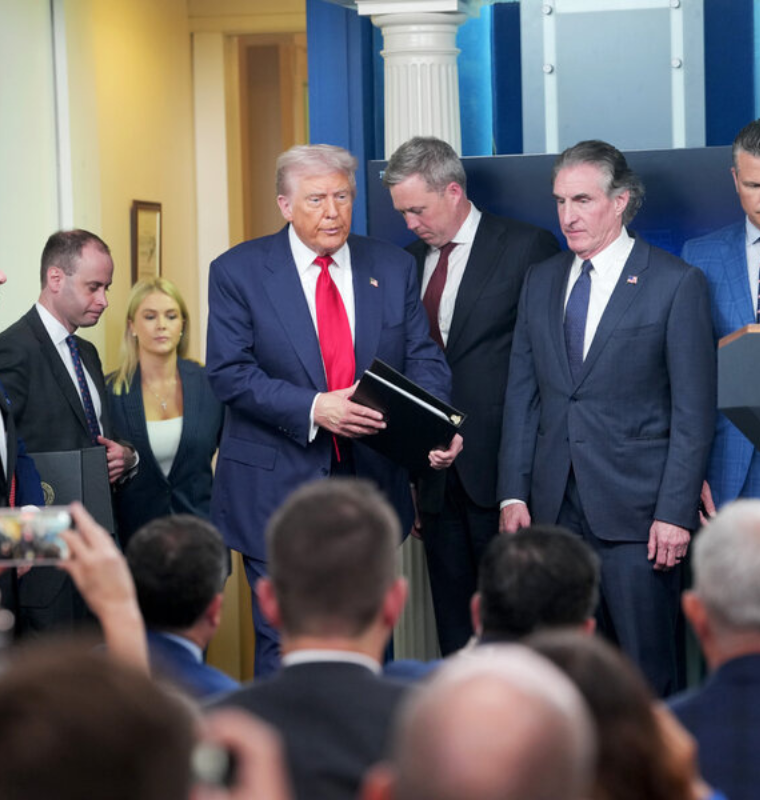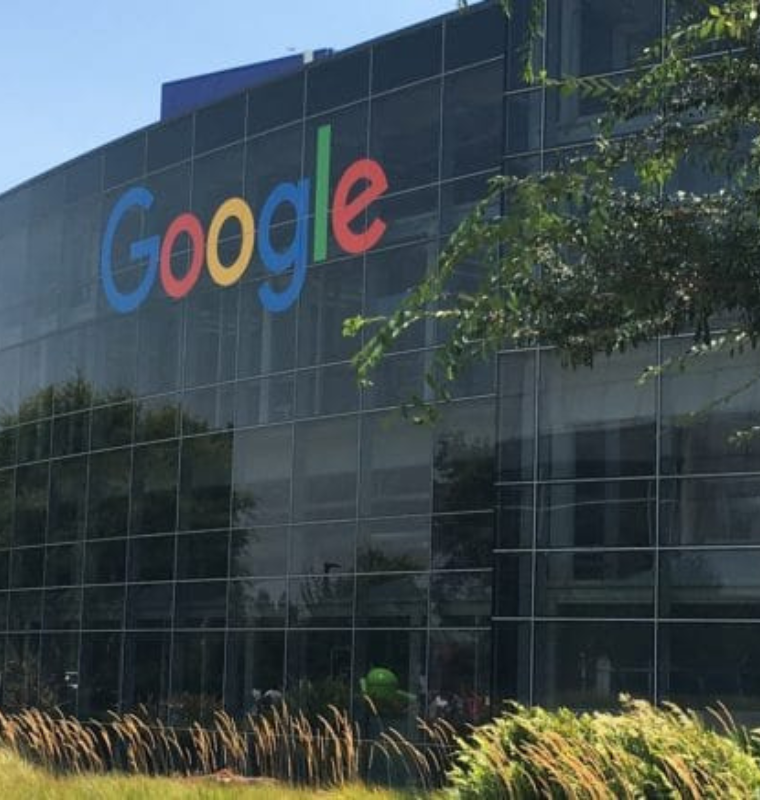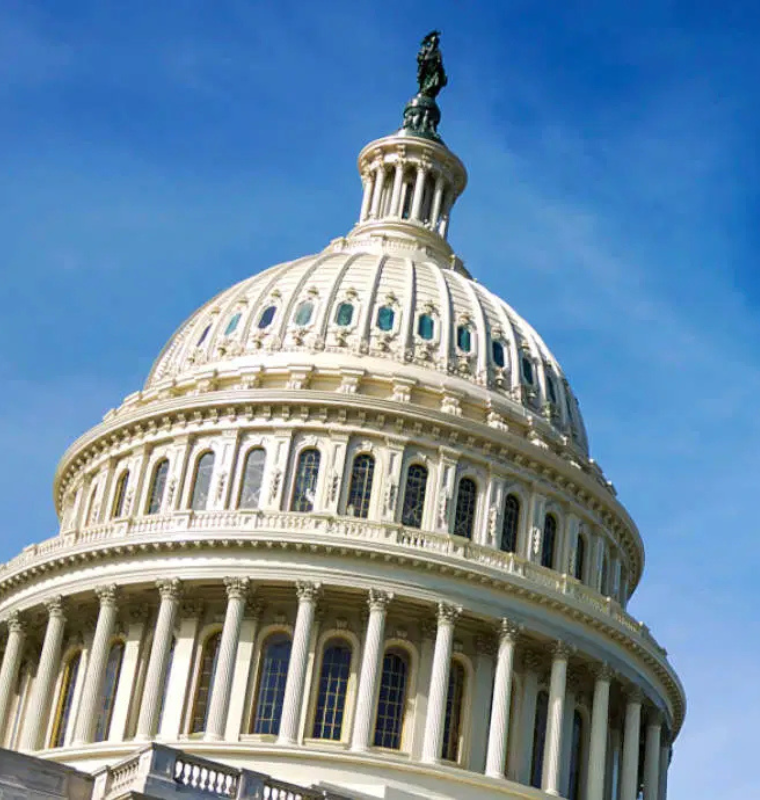OpenAI CEO Sam Altman Warns of an Imminent AI-Driven Fraud Crisis
OpenAI CEO Sam Altman Warns of an Imminent AI-Driven Fraud Crisis
By
Rachel Steinberg
Last updated:
July 23, 2025
First Published:
August 6, 2025

Photo: Coast Reporter
OpenAI CEO Sam Altman Raises Alarm Over Growing AI-Enabled Fraud Threats
OpenAI’s CEO, Sam Altman, issued a stark warning about a looming “fraud crisis” fueled by advances in artificial intelligence, emphasizing how bad actors could exploit AI to impersonate individuals and bypass traditional security measures.
AI’s Threat to Authentication Systems
Altman expressed deep concern over the continued reliance by some financial institutions on voiceprint authentication, a method now easily defeated by AI-generated voice cloning. “It terrifies me that many institutions still accept a voice print as verification for moving large sums of money,” Altman told an audience at the Federal Reserve, which included representatives from major U.S. banks.
He added, “AI has effectively broken most of the current authentication methods, except passwords. This reality exposes critical vulnerabilities.”
The Stakes: Economic and Societal Implications
Altman’s remarks came during a broad discussion on AI’s economic and societal impact, coinciding with the White House’s impending release of an “AI Action Plan” to guide regulation and maintain U.S. leadership in the technology.
OpenAI has expanded its government outreach, confirming plans to open a Washington, D.C., office early next year. This facility will house about 30 staff focused on policy engagement, AI training for educators and officials, and research into AI’s economic effects.
AI Fraud Already Making Waves
Altman’s concerns echo warnings from the FBI and U.S. officials, who have reported an uptick in AI-driven fraud schemes. These include voice cloning scams targeting parents and officials, and attempts to impersonate high-profile figures like Senator Marco Rubio. AI’s ability to produce near-perfect voice and video forgeries threatens to blur the lines between real and fake interactions.
“I am very nervous about an impending, significant fraud crisis,” Altman said. He pointed out that while OpenAI does not develop impersonation tools, the world must prepare to address this challenge as AI capabilities rapidly evolve.
One promising initiative backed by Altman is The Orb, a tool designed to verify “proof of human” online in an increasingly AI-driven digital environment.
Broader Concerns: Superintelligence and Security
Beyond fraud, Altman voiced worries about the potential misuse of AI superintelligence by hostile actors. He cited scenarios where adversaries could use AI to disrupt critical infrastructure or develop bioweapons, underscoring fears of a technological arms race—particularly involving China.
Altman also highlighted the risk of humanity losing control over highly autonomous AI systems or granting AI too much decision-making authority. He anticipates breakthroughs in AI intelligence that surpass human capabilities possibly emerging in the 2030s, though the timeline and nature remain uncertain.
The Uncertain Future of AI and Employment
Despite widespread anxiety about AI’s impact on jobs, Altman offered a nuanced perspective. Unlike peers who predict mass unemployment, he argued that “no one really knows what happens next”, given the complexity and novelty of AI technology.
He acknowledged that some job categories will disappear but believes new roles will emerge. Looking ahead 100 years, Altman envisions a world where traditional jobs might no longer exist, with people engaging in activities for status and fulfillment rather than necessity.
AI’s Productivity Boost and Economic Potential
Coinciding with Altman’s speech, OpenAI released a report by its chief economist, Ronnie Chatterji, highlighting ChatGPT’s role in enhancing worker productivity. With over 500 million users worldwide, ChatGPT is widely used for personalized learning and skill development, especially among younger users aged 18 to 34.
Chatterji plans to collaborate with leading economists to conduct a comprehensive study on AI’s long-term effects on the workforce, using the new Washington, D.C. office as a base for this research.
Popular articles
Subscribe to unlock premium content
Disney’s Timeless Magic and How the Entertainment Giant Continues to Shape Culture and Innovation

Imran Khan’s Economic Missteps Amid Political Chaos in Pakistan

The Philippines’ Digital Shift How Remittances and BPO Are Fueling Growth

Disney’s Timeless Magic and How the Entertainment Giant Continues to Shape Culture and Innovation

Imran Khan’s Economic Missteps Amid Political Chaos in Pakistan

Disney’s Timeless Magic and How the Entertainment Giant Continues to Shape Culture and Innovation









